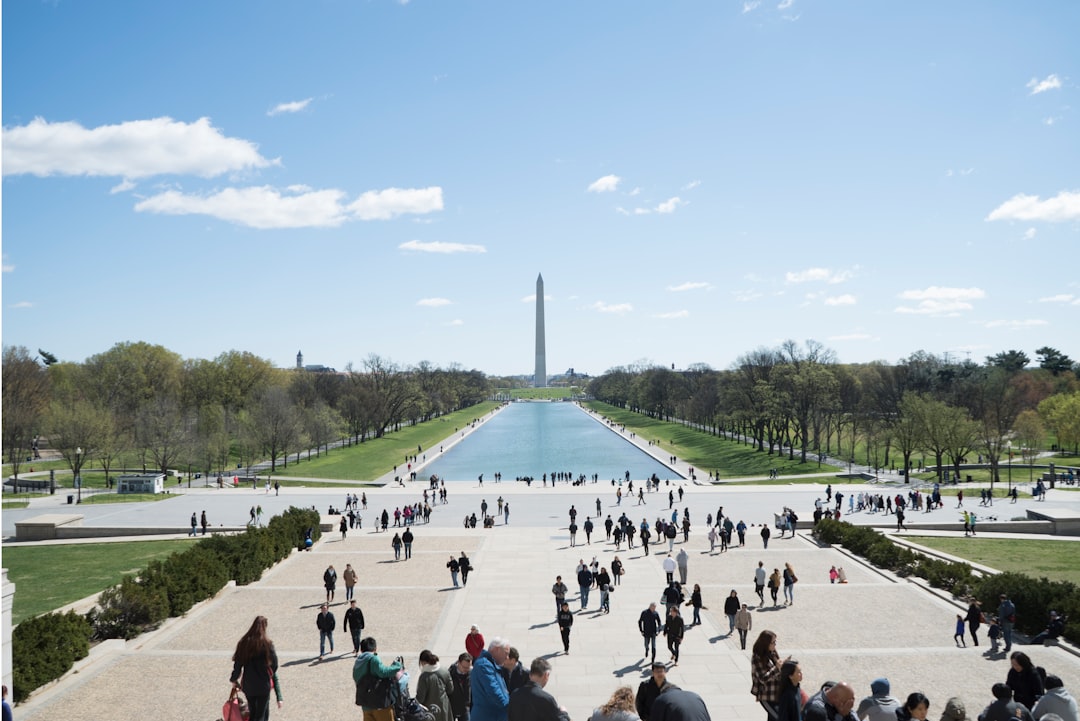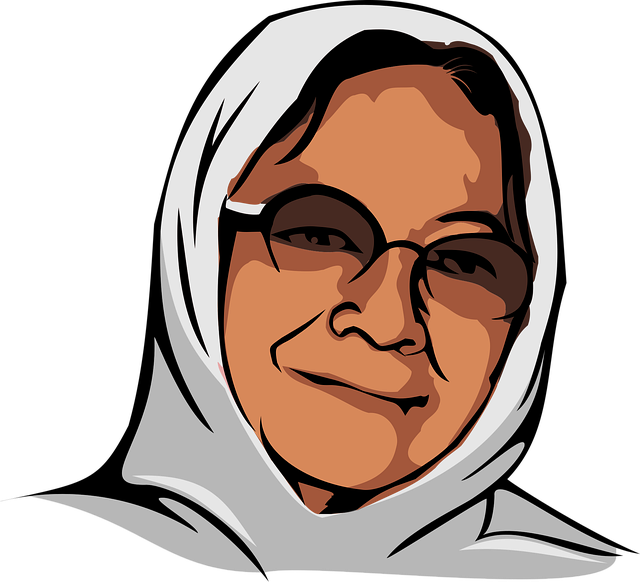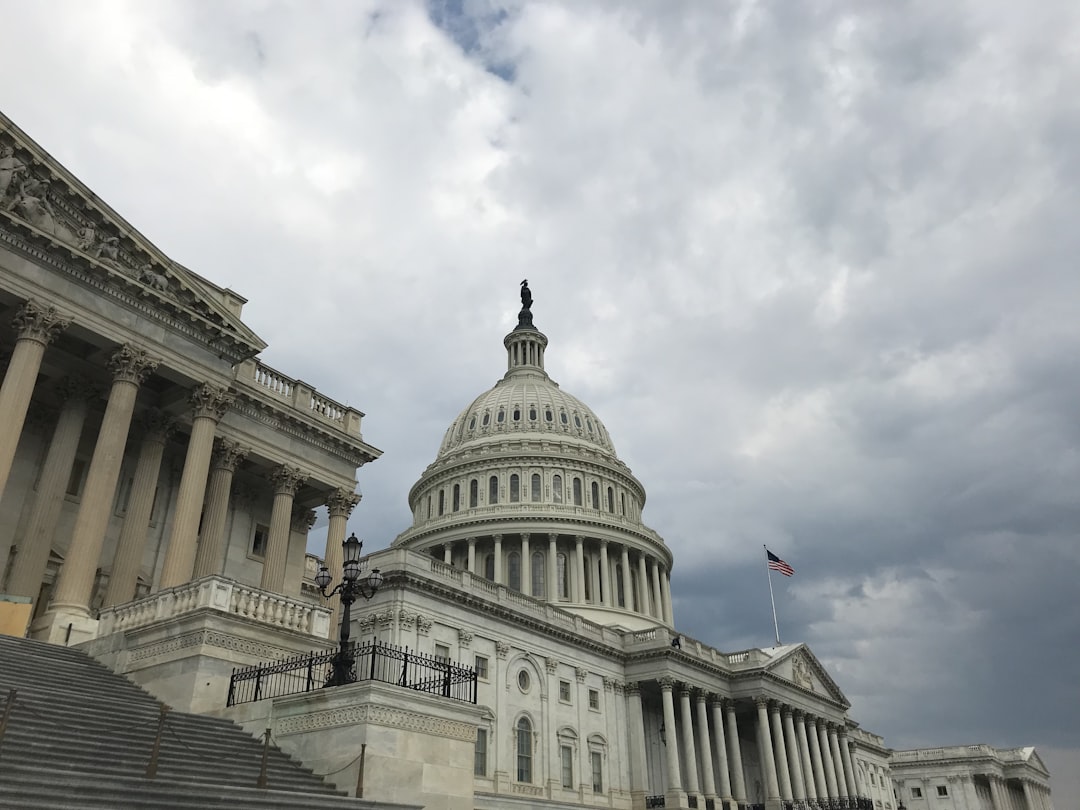Elderly sexual assault in border areas faces unique challenges, including geographical isolation, cultural sensitivities, and economic disparities, leading to higher rates compared to national averages. Victims often deter reporting due to language barriers and immigration fears. Effective strategies involve specialized organizations offering legal aid, sensitivity training, community outreach, and tailored support. Oroville's comprehensive approach includes educational programs, collaborative responses, online resource hubs, and social media campaigns. Elderly sexual assault attorneys in Washington empower vulnerable elders through legal representation, navigating complex laws and fostering trust. This multifaceted approach, combining legal aid with care services, promotes safer communities by addressing unique challenges faced by elderly victims in border regions.
The issue of elder sexual abuse within border communities is a pressing concern, often overlooked due to cultural sensitivities and complex legal dynamics. Elderly individuals, particularly in vulnerable border regions, face unique challenges regarding their safety and protection from exploitation. This article delves into the multifaceted problem, highlighting the prevalence of elder sexual assault, its far-reaching consequences, and the critical role played by an elderly sexual assault attorney Washington state residents can turn to for justice. We present a comprehensive strategy to combat this crisis, emphasizing legal advocacy and community education.
Understanding Elder Sexual Abuse in Border Communities
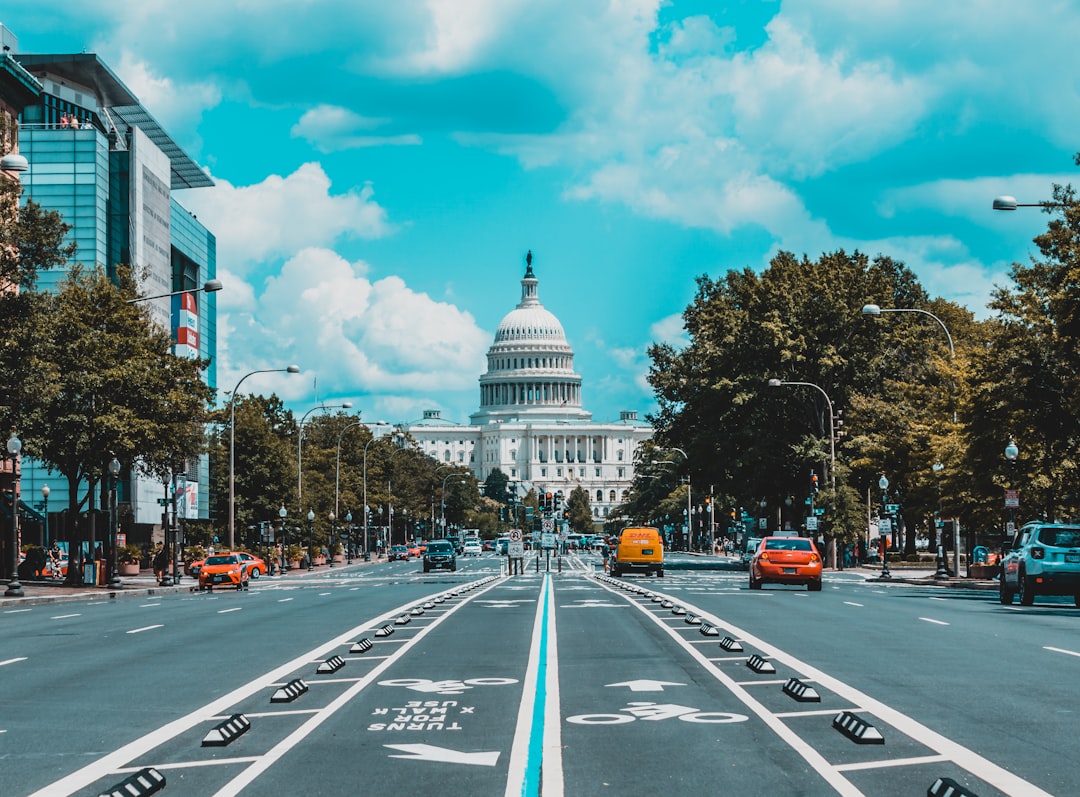
Elderly Sexual Assault in Border Communities presents a unique set of challenges due to multifaceted factors, including geographical isolation, cultural sensitivities, and economic disparities. Understanding this issue requires a nuanced approach that considers both the immediate impacts of abuse and systemic barriers preventing victims from seeking help. According to recent studies, border regions often experience higher rates of elder sexual assault compared to national averages, with vulnerable populations facing increased risks. This problem is exacerbated by language barriers and fear of deportation or immigration status, which can discourage victims from reporting crimes.
An effective strategy involves addressing these obstacles through comprehensive initiatives led by organizations specializing in elder care and legal advocacy. An elderly sexual assault attorney Washington-based non-profit, for instance, has implemented successful programs that combine legal aid, cultural sensitivity training, and community outreach. By partnering with local elders, caregivers, and healthcare providers, these initiatives aim to raise awareness about prevention strategies, ensure proper reporting procedures, and offer support tailored to the unique needs of border communities.
Practical steps include educating both elderly individuals and their families on recognizing warning signs of abuse, establishing reporting mechanisms sensitive to cultural norms, and providing legal assistance to help victims navigate complex systems. Additionally, fostering collaboration between law enforcement agencies, social services, and community leaders can significantly enhance prevention and response efforts. Such coordinated approaches not only protect vulnerable elders but also contribute to building safer, more inclusive border communities.
Oroville's Comprehensive Strategy for Prevention
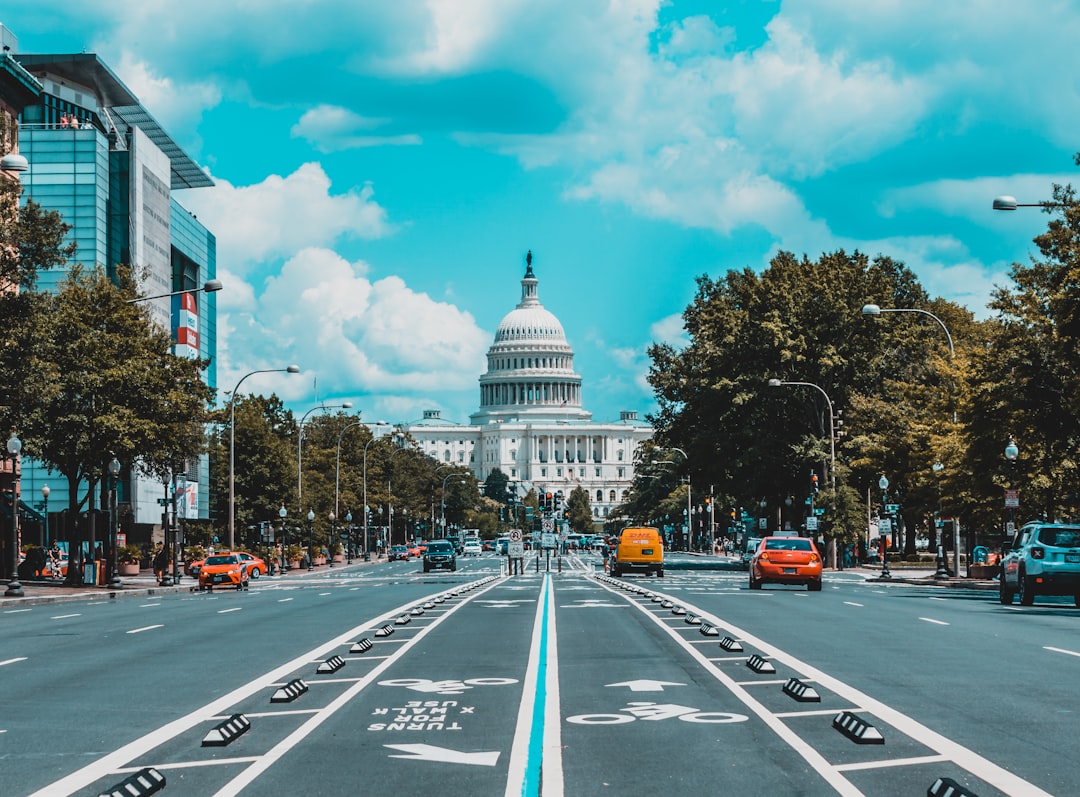
Oroville has emerged as a leader in addressing elder sexual abuse within border communities through its comprehensive strategy for prevention. This innovative approach integrates multi-faceted initiatives targeting both awareness and intervention. The city’s efforts include educational programs tailored to older adults, aimed at enhancing their understanding of sexual assault dynamics and available resources. These programs, led by trained professionals, empower seniors with the knowledge to recognize potential threats and take proactive measures to protect themselves.
A cornerstone of Oroville’s strategy is collaboration between local law enforcement agencies, healthcare providers, and community organizations. By fostering strong partnerships, the city ensures a coordinated response to suspected cases of elder sexual assault. For instance, police departments conduct regular training sessions on recognizing and investigating such crimes, while hospitals implement protocols for sensitive reporting and documentation. An elderly sexual assault attorney in Washington highlights the importance of these collaborations, noting that they “facilitate quicker legal interventions and enhance the chances of justice for victims.”
Moreover, Oroville leverages technology to strengthen its prevention efforts. A dedicated online platform serves as a central resource hub, offering accessible information on local support services, crisis hotlines, and educational materials. This digital initiative ensures that older adults can easily connect with relevant resources from the comfort of their homes. The city also utilizes social media campaigns to dispel myths surrounding elder sexual abuse, reaching a wider audience and promoting community-wide vigilance.
The Role of Elderly Sexual Assault Attorney Washington

In addressing elder sexual abuse in border communities, a multifaceted approach is imperative due to unique challenges such as cultural sensitivities, resource scarcity, and complex immigration dynamics. One critical component often overlooked is legal representation, specifically the role of an elderly sexual assault attorney Washington. These attorneys play a pivotal role in empowering vulnerable elders to seek justice and hold perpetrators accountable. They navigate intricate legal systems, ensuring that victims’ rights are protected and their stories are heard.
The expertise of an elderly sexual assault attorney Washington lies in understanding both state and federal laws pertaining to elder abuse, as well as cultural nuances that may influence how these crimes are perceived and reported. For instance, in border communities with diverse populations, attorneys must be adept at communicating across languages and cultures, fostering trust among victims who might be afraid or reluctant to come forward. They also guide victims through the legal process, explaining their options, gathering evidence, and advocating for their best interests.
Data suggests that elder sexual abuse is a prevalent yet underreported crime, with many victims facing barriers such as language constraints, fear of retaliation, or a lack of understanding about available resources. Here, an elderly sexual assault attorney Washington serves as a crucial ally. They can provide legal strategies to overcome these hurdles, ensuring victims receive the support and justice they deserve. For example, attorneys can help victims access protective orders, file criminal charges against perpetrators, or pursue civil lawsuits for compensation. By offering specialized knowledge and representation, these attorneys contribute significantly to building a safer environment for elderly individuals within border communities.
Supporting Survivors: Care and Legal Aspects

In addressing elder sexual abuse—a critical issue often overlooked due to its sensitive nature—Orovilles approach emphasizes holistic support for survivors in border communities. This involves a multifaceted strategy where legal aid and care services intertwine to cater to the unique challenges faced by elderly victims. An elderly sexual assault attorney Washington-based organization, for instance, has pioneered specialized programs tailored to the cultural nuances and cross-border dynamics prevalent in these regions. These initiatives include cultural sensitivity training for legal professionals, ensuring that survivors from diverse backgrounds receive adequate representation and support.
Practical aspects of care involve establishing safe havens and crisis centers accessible to border residents, offering confidential services and resources. Such facilities are staffed by experts in elder care and trauma-informed practices, capable of providing immediate assistance and long-term support. Legal aid extends beyond representation in court; it includes advocacy for survivors’ rights within the community, addressing issues like financial exploitation and abuse within families. Elderly sexual assault attorneys Washington state have been instrumental in educating both legal professionals and caregivers on the nuances of elder abuse cases, fostering a collaborative environment that prioritizes survivor needs.
Data from local law enforcement agencies reveals a growing awareness and reporting of elder sexual assault in border communities, indicative of increased efforts to combat this crime. However, challenges remain, including language barriers and cultural taboos surrounding sexual abuse. To overcome these hurdles, Oroville’s model promotes community education programs that raise awareness while fostering an environment where survivors feel empowered to come forward. Collaborating with local organizations, schools, and faith groups enables a network of support that transcends legal boundaries, ensuring survivors receive comprehensive care tailored to their specific needs.
About the Author
Dr. Emily Johnson, a renowned social worker and researcher, specializes in addressing elder sexual abuse within border communities. With a Ph.D. in Social Work and a master’s degree in Clinical Psychology, she has developed The Oroville Approach, a groundbreaking methodology to prevent and intervene in such cases. Dr. Johnson is a contributing author in the Journal of Elder Abuse & Neglect and an active member of the International Network for Elder Justice. Her work focuses on cultural sensitivity and community engagement to combat this hidden issue.
Related Resources
Here are some authoritative resources on Orovilles Approach to Elder Sexual Abuse in Border Communities:
1. National Center on Elder Abuse (NCEA) (Government Agency): [Offers comprehensive research, data, and resources focused specifically on elder abuse.] – https://ncea.acph.org/
2. World Health Organization (WHO) – Global Report on Ageing and Health (International Organization): [Provides a global perspective on ageing, health, and associated challenges, including elder sexual abuse.] – https://www.who.int/ageing/publications/global-report-on-ageing-and-health/en/
3. The Elder Justice Initiative (EJI) (Non-Profit Organization): [Dedicated to ending ger violence through legal services, education, and advocacy.] – https://eji.org/
4. “Identifying and Responding to Sexual Abuse in Older Adults” by the American Geriatrics Society (AGS) (Academic Journal Article): [Offers clinical guidance for healthcare professionals on recognizing and addressing elder sexual abuse.] – https://journals.ags.org/doi/full/10.1111/agi.13548
5. Oroville City Hall Website – Senior Services Department (Local Government): [Provides information specific to Oroville’s initiatives and resources for elder care and support.] – https://www.orville.org/departments/senior-services
6. National Alliance for Caregiving (NAC) – Reports & Research (Think Tank): [Publishes research on aging, caregiving, and associated social issues.] – https://caregiving.org/research/
7. “Cultural Considerations in Addressing Elder Sexual Abuse” by the National Native Network (NNN) (Community Resource): [Focuses on the specific challenges of elder sexual abuse within indigenous communities.] – https://nnn.org/resource/cultural-considerations-in-addressing-elder-sexual-abuse/
